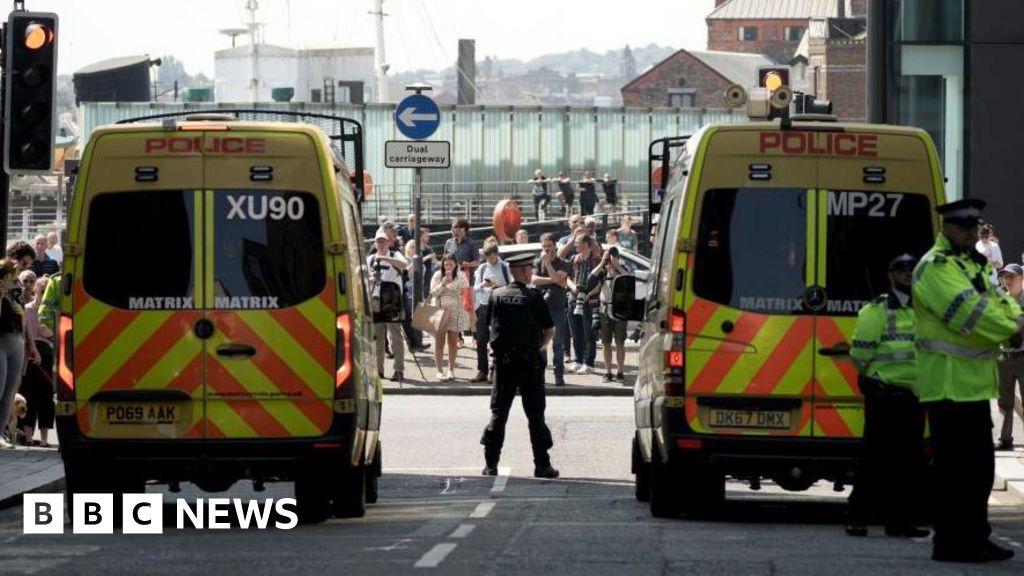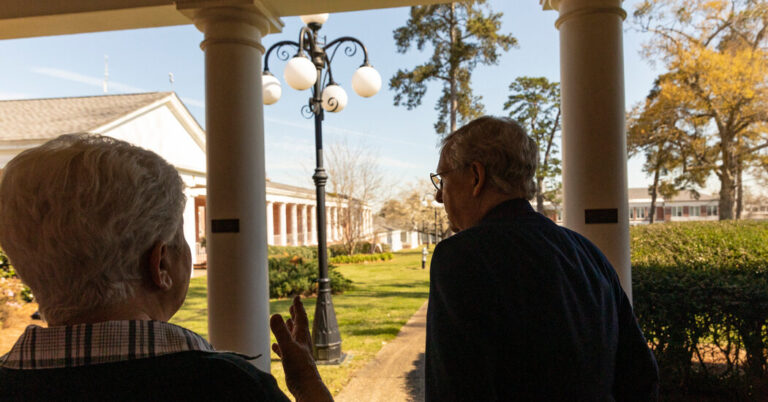A powerful new criminal offence to target suspects who are found to be preparing mass killings will ensure their plotting is taken as seriously as terrorism, the home secretary says. Yvette Cooper said the criminal justice system had to be given new tools to respond to violence-fixated individuals who are not motivated by a particular ideology, in the wake of the Southport attack last year.
Terror suspects who take steps towards an attack can be jailed for life, even if their plans are not fully formed. Cooper told the BBC that the government will “close the gap” between such offenders and lone, violence-obsessed individuals by giving police the power to apprehend them long before they can act.
Axel Rudakubana is serving a life sentence for murdering three girls when he attacked a Taylor Swift-themed dance class in Southport almost a year ago. Eight others girls were seriously injured, along with two adults who tried to stop the killer. Had police found he had been researching a target prior to the attack, they could not have arrested and charged him with a serious offence because he had no ideological motive linked to the definition of terrorism.
Yvette Cooper said the government would “tighten” the law so planning a mass attack be “taken as seriously as terrorism”. There is a gap in the law around the planning of mass attacks that can be just as serious in their implications for communities, their impact, the devastation that they can cause and the seriousness of the crime. We will tighten legislation so that that is taken as seriously as terrorism.
Cooper said the plan – which was briefly announced in March but not fleshed out until now – was for the new law to be similar to the exceptionally serious crime of preparing for acts of terrorism. This legislation, brought in after the 2005 London bombings, is a vital counter-extremism tool that has jailed dozens of suspects. It allows the police to arrest a terror suspect for the steps they take to prepare for an attack – such as researching a target.
But it stipulates that there must also be evidence the preparation is linked to an ideological cause, such as support of a group banned under terrorism laws. The planned non-terror offence would apply to a far wider range of scenarios, including the activity of individuals like Nicholas Prosper. He had been planning a mass school shooting before he was apprehended for murdering his family.
Cooper said: “We’ve seen cases of growing numbers of teenagers potentially radicalising themselves online and seeing all kinds of extremist material online in their bedrooms. They’re seeing a really distorted and warped online world. We have to make sure that that the systems can respond while not taking our eye off the ball of the more long-standing ideological threats.”
Source link




